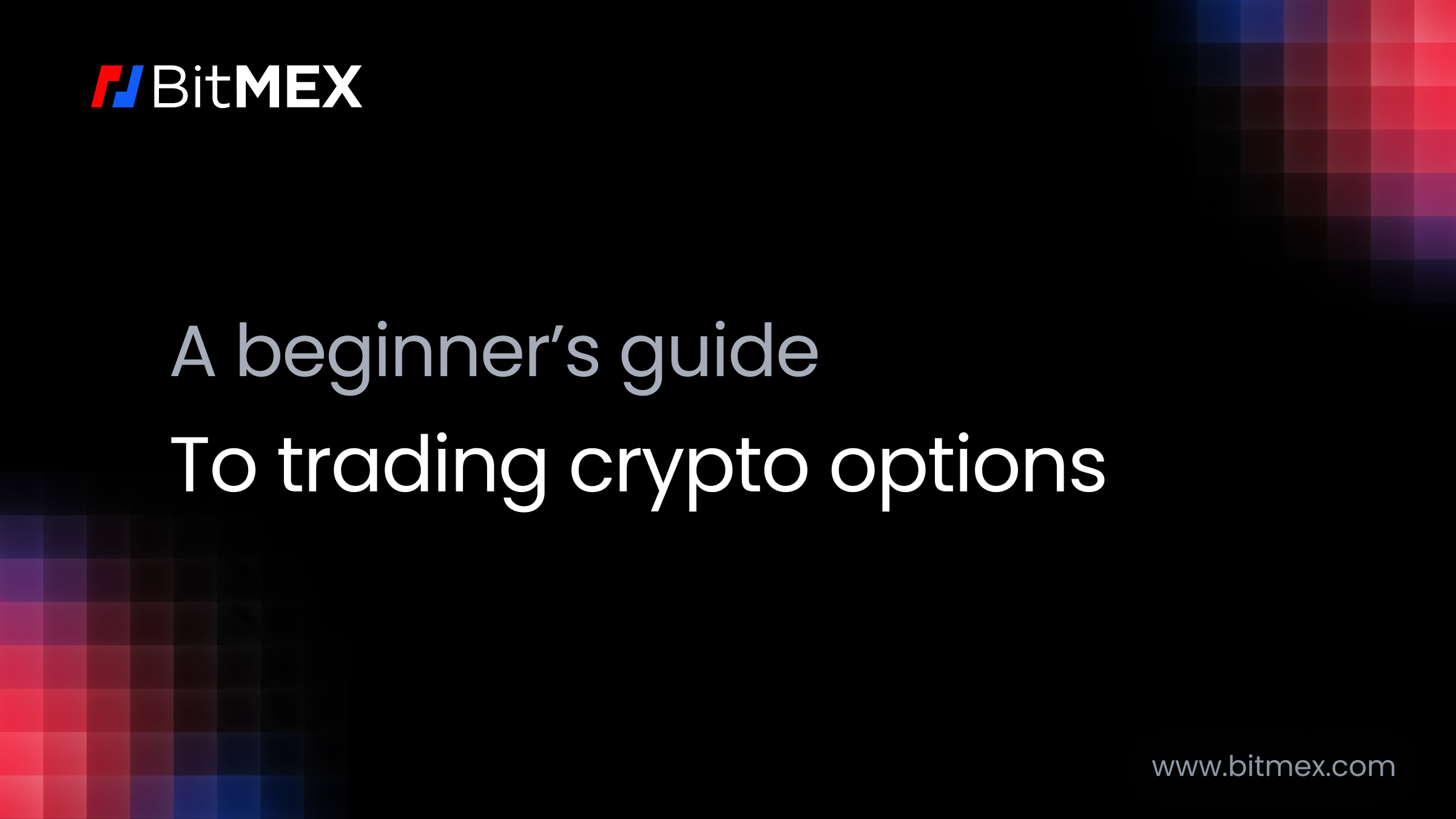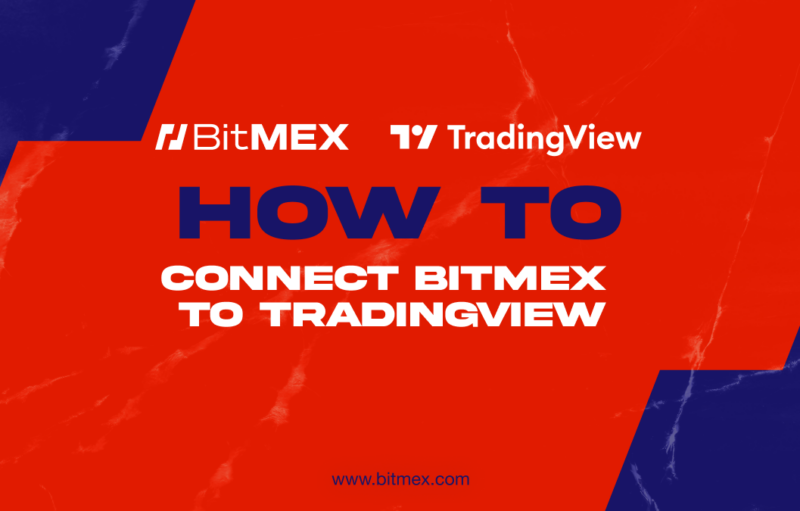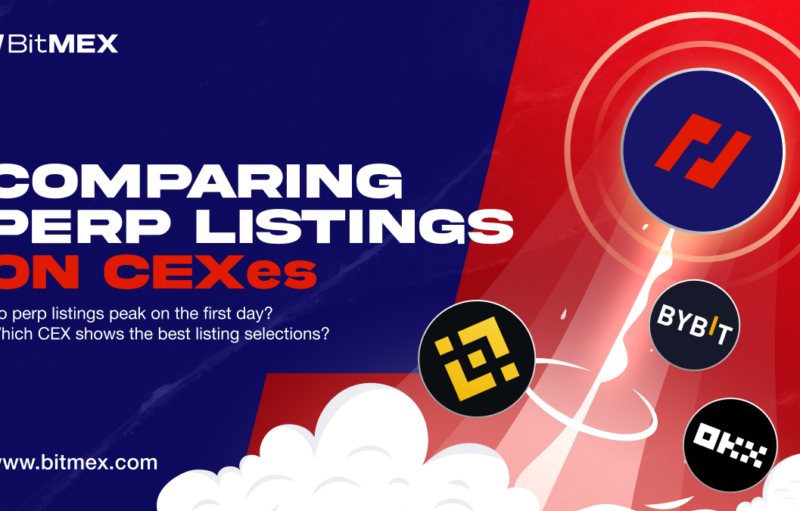
Crypto options are a great way to unlock alternative trading strategies, maximise profits in uncertain market conditions, and be used to manage risk.
If you’re looking to learn the basics of trading crypto options including what they are, the different types, and how they work, you’ve come to the right place.
Let’s dive in.
What Are Crypto Options?
Like any other derivatives product, crypto options allow you to speculate on the future price of an underlying asset.
More specifically, crypto options are derivatives instruments that give you the right – but not the obligation – to buy or sell an underlying asset (e.g. crypto) at a predetermined price, also known as strike price.
The strike price of a crypto option remains fixed throughout the contract. The cost of an option is referred to as the premium. The premium is also the maximum loss one can face on a trade.
The right to buy an option at the strike price is called a put option. The right to sell an option at the strike price is called a call option.
Every option comes with a settlement, which decides whether the underlying asset is delivered physically or settled in cash upon exercising (and any profit/loss goes to the option holder’s account).
The Difference Between Perpetual Swaps and Options
Perpetual swaps and options are both derivatives instruments, with each product offering their own set of advantages and disadvantages. In particular, options are a great product to explore when it comes to risk management and cost.
Simply put, perps are made for those who can handle uncertain market movements with potential losses. But if you’re a trader looking to avoid anxiety around sudden liquidations or additional costs, options are the place to look.
|
Perpetual Swaps |
Options |
|
|
Expiration |
No set expiration date |
Involves expiration date |
|
Fixed capital risk |
Unlimited loss potential |
Maximum loss is the premium |
|
Funding rate |
Funding rate depends on the swap |
No funding rates involved |
|
Liquidation risk |
High – dependent on leverage used |
Low – no liquidation risk involved |
How Do Crypto Options Work?
Below is a diagram which shows the trading process of options.
- Options seller creates a call and put options contract.
- Each contract specifies A) expiration date, B) strike price
- Options seller lists the contracts on an options exchange (e.g. BitMEX options)
- In some cases, buyer of an option can also place an order on an exchange, and an options seller can sell into it
- If an options buyer wants to buy an option, they pay the premium to the options seller.
- Premium is determined by the current price of the underlying asset
Types of Crypto Options
The relationship between the current price of the underlying asset and the strike price determines whether the option is classified as one of the following:
In-the-Money (ITM)
A call option becomes ITM when the strike price is below the current market price of an underlying asset.
A put option becomes ITM when the strike price exceeds the current market price of an underlying asset.
Context: BTC price at $60,000
- A trader purchases a call option with a $55,000 strike price.
- It would ITM by $5,000.
- The trader has the right to buy BTC at $55,000.
- A trader buys a put option with a $65,000 strike price.
- It would ITM by $5,000.
- The trader has the right to sell Bitcoin at $65,000.
At-the-Money (ATM)
For both call and put options, the option becomes ATM when the strike price is equal to the current market price of an underlying asset.
Out-the-Money(OTM)
An OTM option occurs when the strike price is not favourable based on the current market price of the underlying asset.
Context: BTC price at $60,000
- A trader purchases a call option with a $65,000 strike price.
- It would be OTM by $5,000.
- It would not be profitable for the trader to exercise the right to buy Bitcoin at $65,000.
- A trader purchases a put option with a $55,000 strike price.
- It would be OTM by $5,000.
- It would not be advantageous to the trader to exercise the right to sell Bitcoin at $65,000.
What are the Benefits of Trading Crypto Options?
Crypto options are a way for traders to generate significant profits with market movements, regardless of the direction of movement. They allow for profits not only in market upswings but also during downturns or periods of sideways movement.
Options serve as a hedge to various market positions – functioning as insurance to safeguard against other portfolio positions from potential downturns.
Where to Trade Crypto Options
BitMEX Options, launched in partnership with PowerTrade, is a platform for traders of all types – beginners and advanced – to tap into crypto options.
With BitMEX Options, you can trade a wide range of crypto options which are:
- Priced and settled in USDC, removing the need for tedious asset conversions.
- Multi-collateral, so users can deposit any spot token (BTC, ETH, SOL, AVAX etc) to use as collateral for their options trading.
And much more.
Like what you’ve read? We’ve got a range of educational resources on trading crypto Options as well as other derivatives, which you can find here.
To be the first to know about our new listings, product launches, giveaways and more, we invite you to join one of our online communities and connect with other traders. For the absolute latest, you can also follow us on Twitter, or read our blog and site announcements for the absolute latest.
Related
The post appeared first on Blog BitMex






